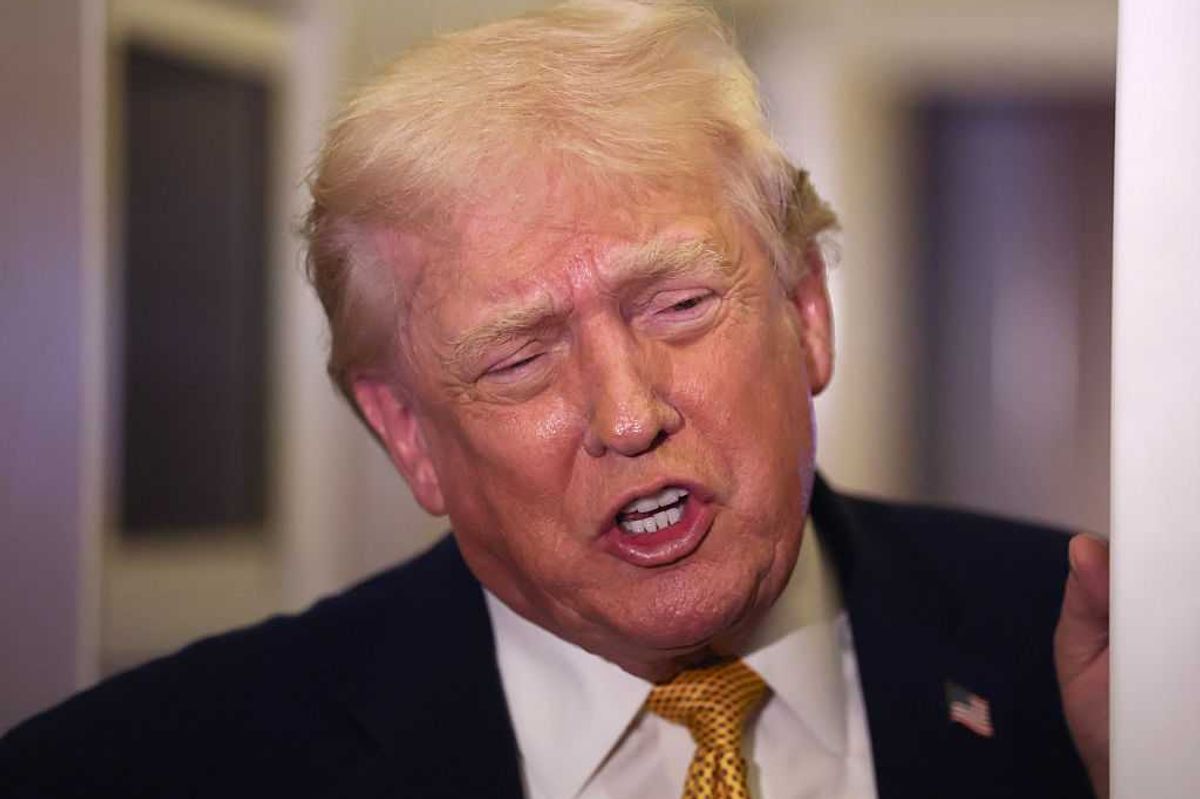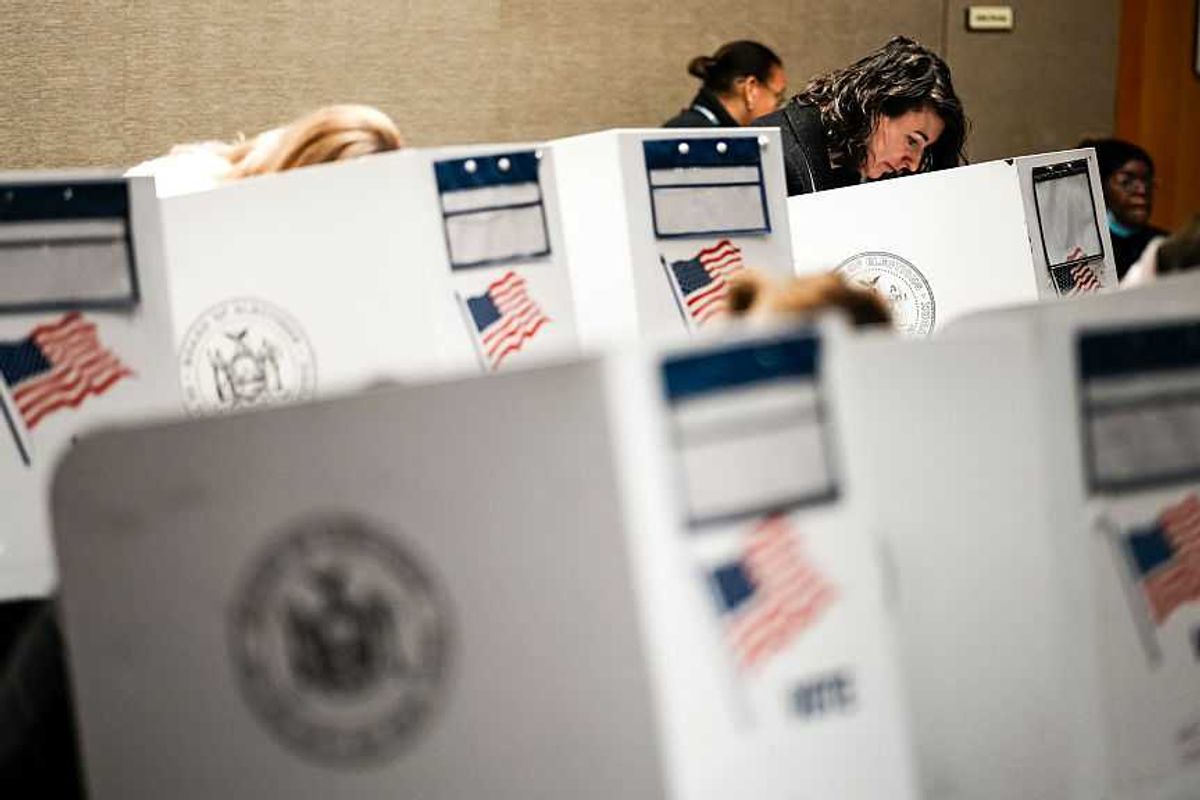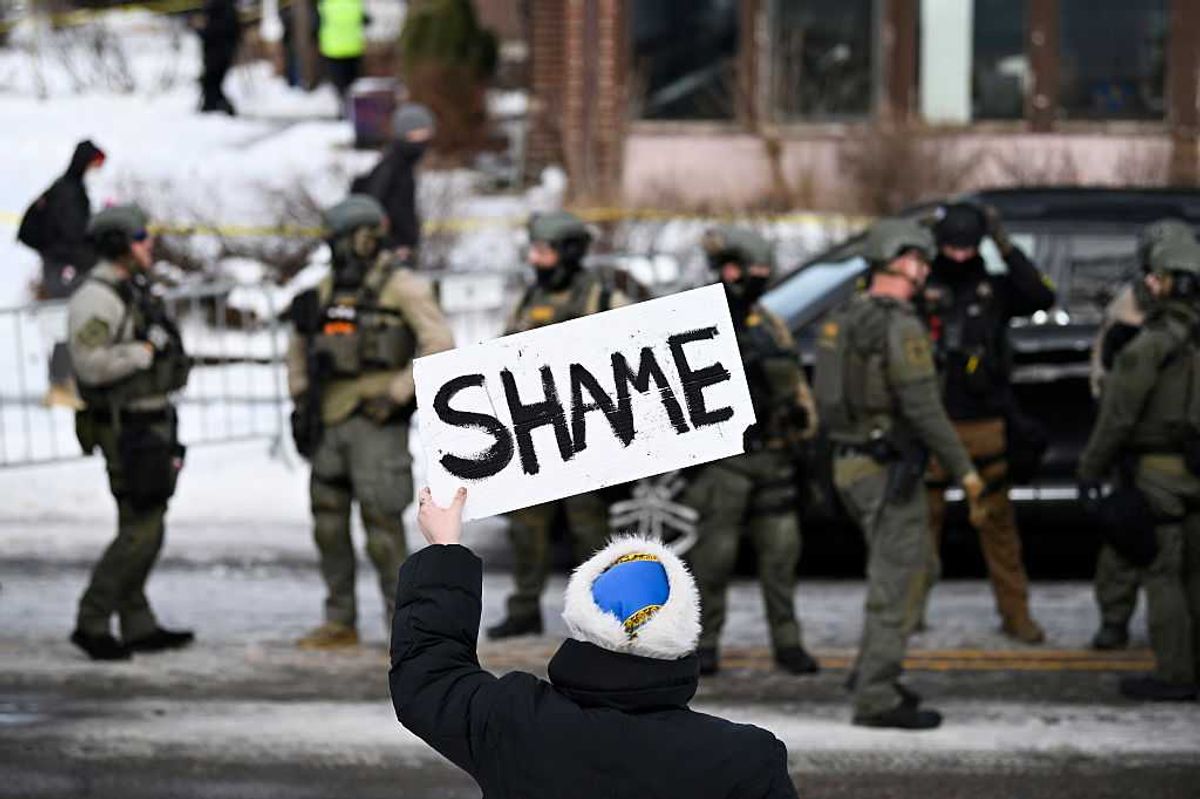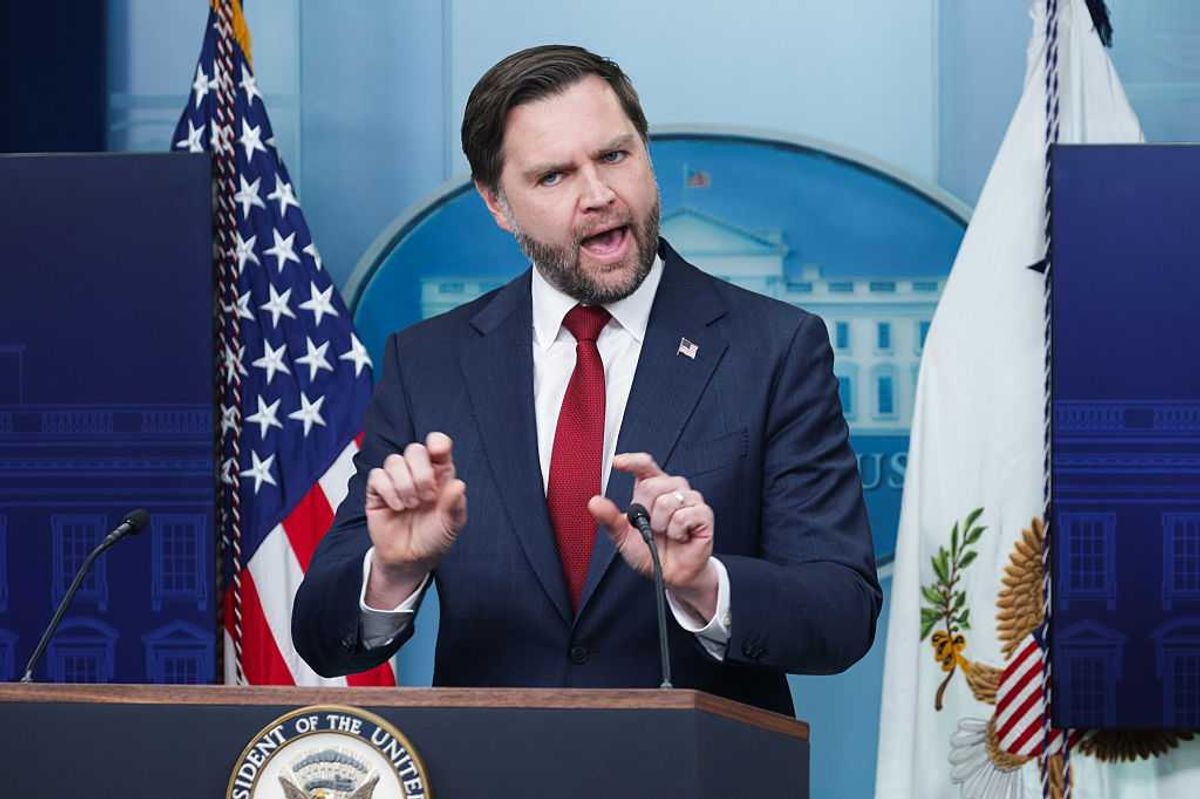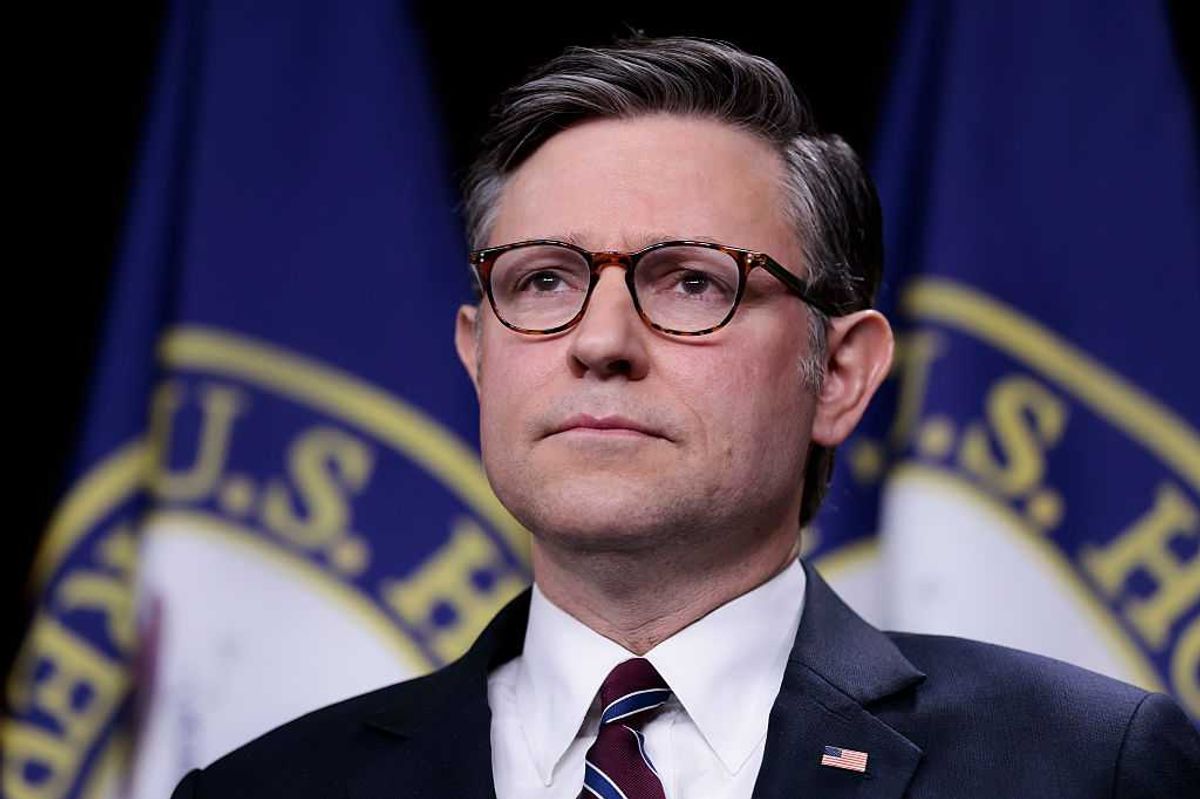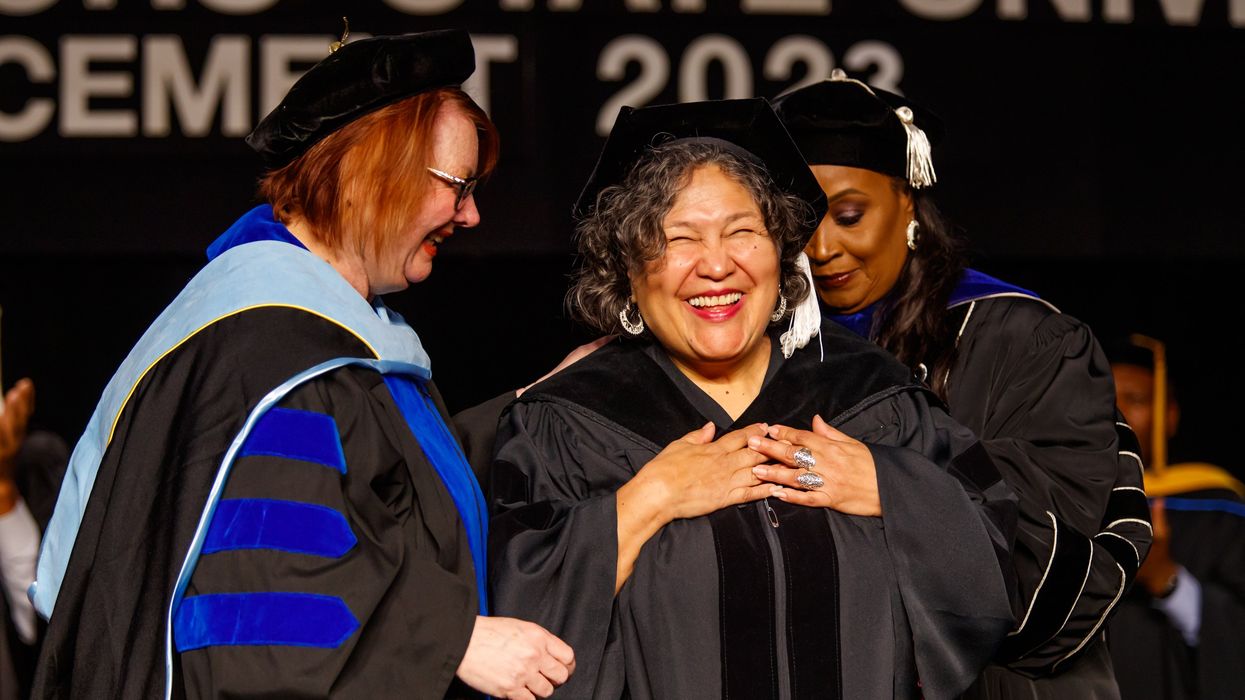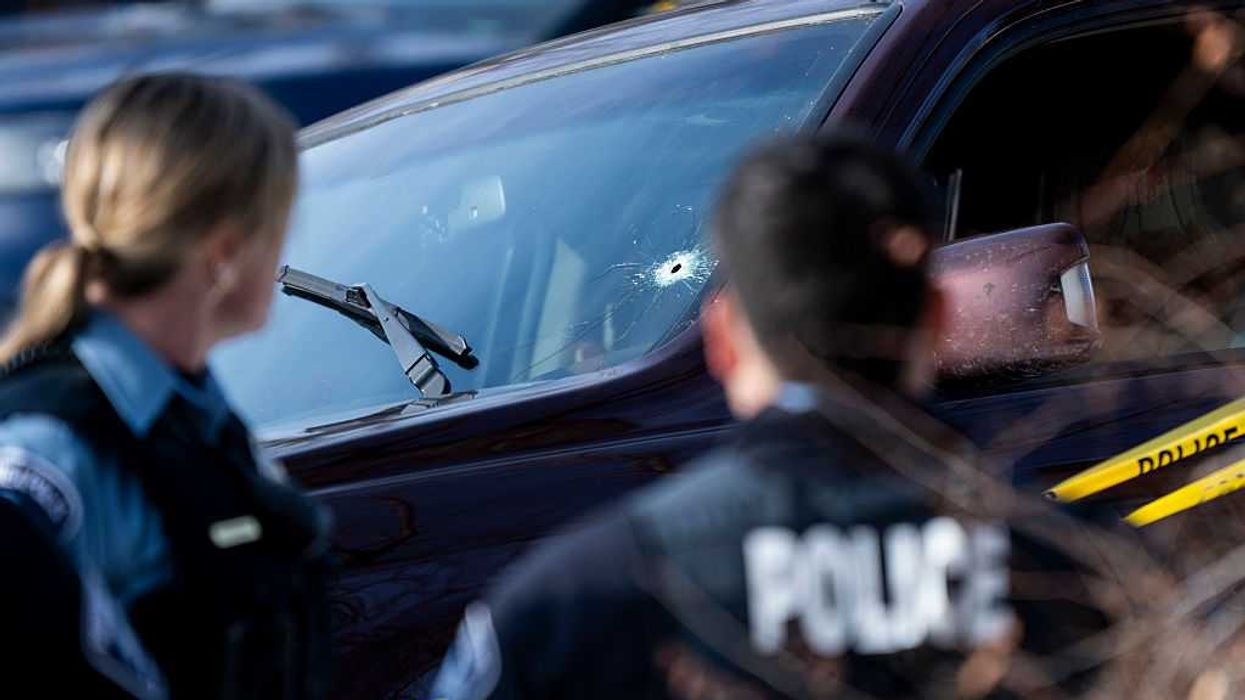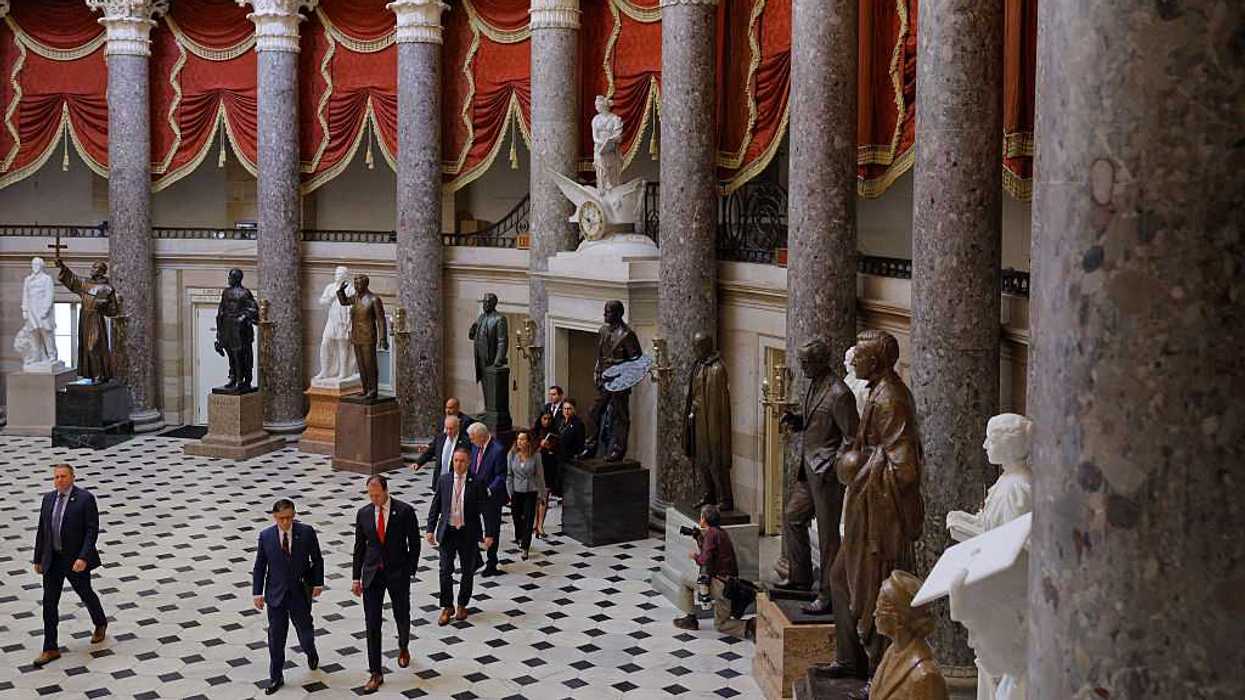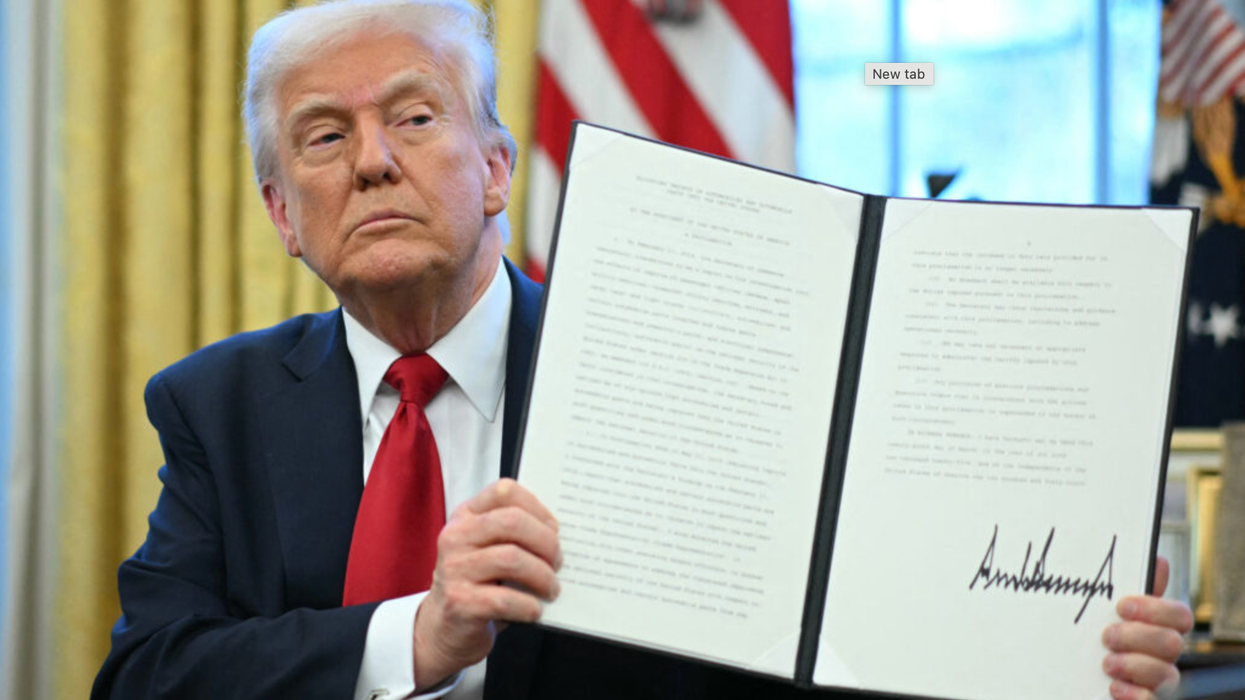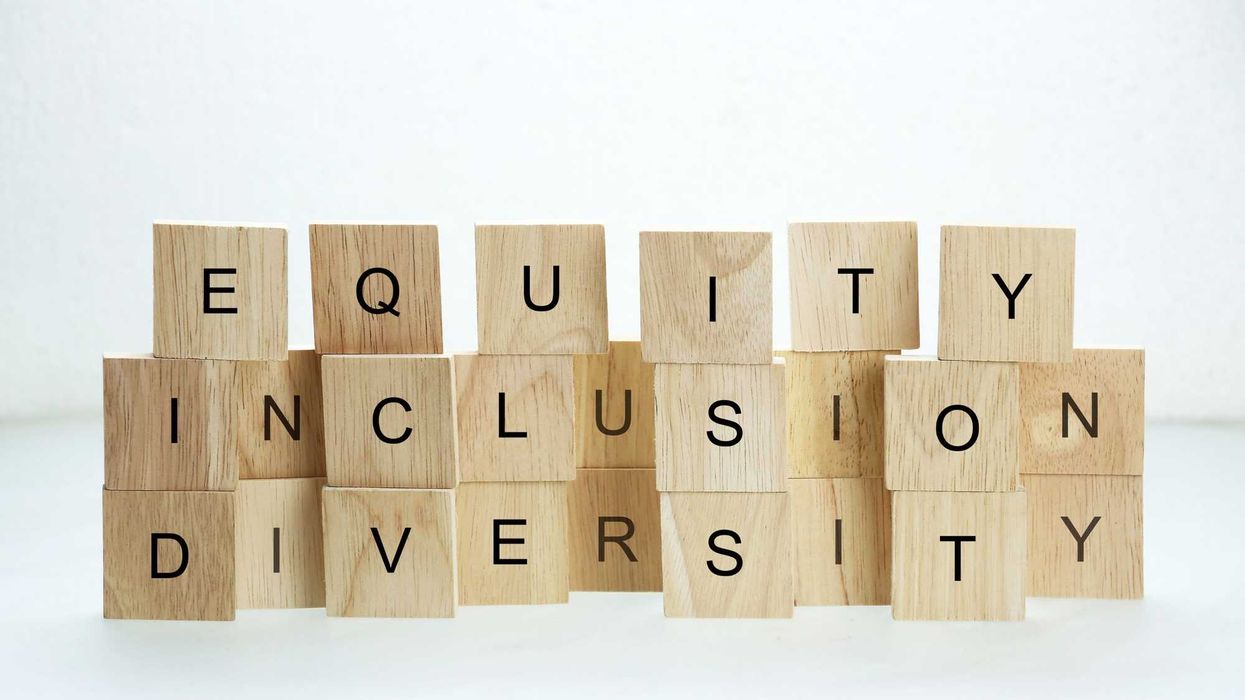“In business, we often think of leadership as ‘What can I do to get ahead? How do I brand and promote myself?’” said Sylvia Puente in a 2023 Leighton Lecture on Ethics and Leadership. “My notion of leadership is how do I bring someone else along and extend a hand. Get grounded in who you are, then clarify your values by finding your voice and affirming shared values with those you collaborate with. To make real change, you can’t do it alone.”
Puente is the president and CEO of the Latino Policy Forum, a nonprofit that works for equity, justice and economic prosperity for Latinos in Chicago and Illinois through public policy advocacy and analysis on issues including education, housing and immigration. During nearly 15 years at LPF, Puente has grown the organization into a central voice in Latino matters and has established herself as a thought leader in the arena, as recently showcased on “ Latino Voices: A WTTW News Community Conversation. ”
Latino Voices: A WTTW News Community Conversationwww.youtube.com
“Regrettably, what we are not seeing is the investment by the candidates in reaching out to Latino communities,” Puente said during the virtual conversation focused on relevant issues important to the Latino community as we enter the primary election season. “When we did our surveys earlier this year, we found that only about half, and in some cases even less than half, of Latino voters had been reached out to by any of the candidates asking them for their vote. That has to shift.”
In the discussion, Puente referenced two surveys on the Chicago mayoral election that were produced in collaboration with the Center for the Study of Diversity and Democracy at Northwestern University and a coalition of local Latino and Black organizations, including the Hispanic Federation, Illinois Black Advocacy Initiative, Latino Victory Project and the Latino Policy Forum. The cooperative culminated with Chicago’s Black and Brown Future: Conversations with the Mayoral Candidates at the Chicago History Museum.
Puente is frequently cited as an expert on Latino issues and has published numerous reports and articles that articulate their vital role in society.
“As the Latino population grows beyond the borders of the city, Latinos are an increasingly essential part of the Chicago region’s social and economic fabric,” she wrote in an opinion article co-authored for the Chicago Sun-Times. The piece focused on Latinos in the Suburbs: Challenges and Opportunities, a recently released joint effort of the Latino Policy Forum, Metropolitan Planning Council and the University of Illinois Chicago’s Great Cities Institute.
“This project is unique in painting a picture of the successes and contributions Latinos are making to the socioeconomic fabric of the suburbs while, at the same time, illustrating the challenges Latinos face in securing their own socioeconomic well-being and stability,” she said.
In September of last year, Puente celebrated with the 2023 Multicultural Leadership Academy participants. The cohorts completed the LPF-led six-month program aimed at providing a diverse group of civic leaders with the leadership skills needed to facilitate collaboration between Latinos and African Americans. “The MLA provides a series of leadership workshops to community, policy, arts, and culture leaders sponsored by organizations committed to social change, policy impact, and community improvement that serve communities of color throughout Illinois,” Puente said. “Through a curriculum that focuses on strengthening leadership among the African American and Latinx communities, we hope to promote the next generation of civic leaders.”
These are just a few examples of why Illinois Latino News has chosen Sylvia Puente as its hero in the inaugural Community Hero Spotlight.
A Chicago native, Puente’s activism began at age 13 when she walked the picket lines supporting the United Farmworkers Union with her mother to protest inequities in housing, pay and education.
Puente is the first in her family to earn a college degree and holds a bachelor’s in economics from the University of Illinois, Urbana-Champaign. She continued graduate studies at the Harvard Kennedy School of Government and earned her master’s degree from the Harris School of Public Policy at the University of Chicago.
“Sylvia’s body of work speaks for itself,” said Hugo Balta, publisher of IL Latino News. “Few have done more to advance equity for Latinos than she. I am grateful to know her and excited to nominate her as my community hero.”
Appointed by previous governors to the Illinois Early Learning Council, on which she still serves, and the Illinois Education Funding Advisory Board, Puente is also a board director of Advance Illinois, a public policy agency working to improve education in the state, and a member of Illinois Unidos, a consortium of local Latino leaders dedicated to addressing the public-health and the economic impact of Covid-19 on the Latino community statewide.
A version of this article was first published Oct. 9, 2023, by the Latino News Network.
